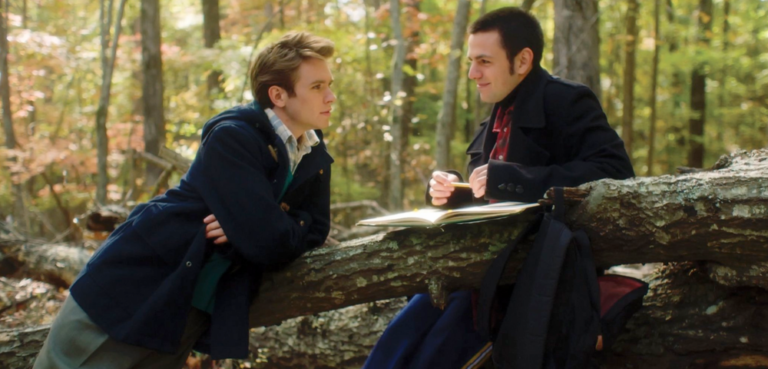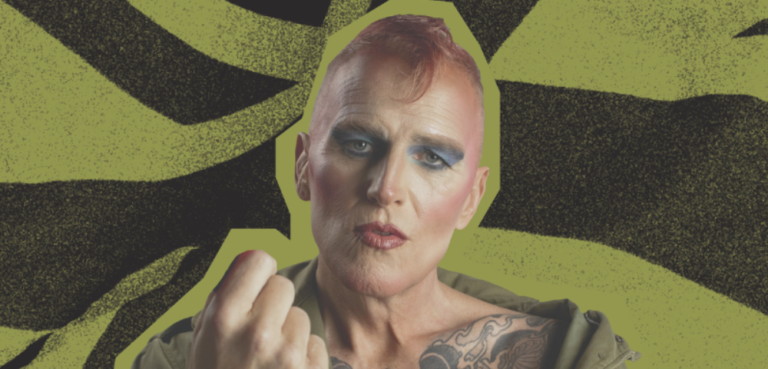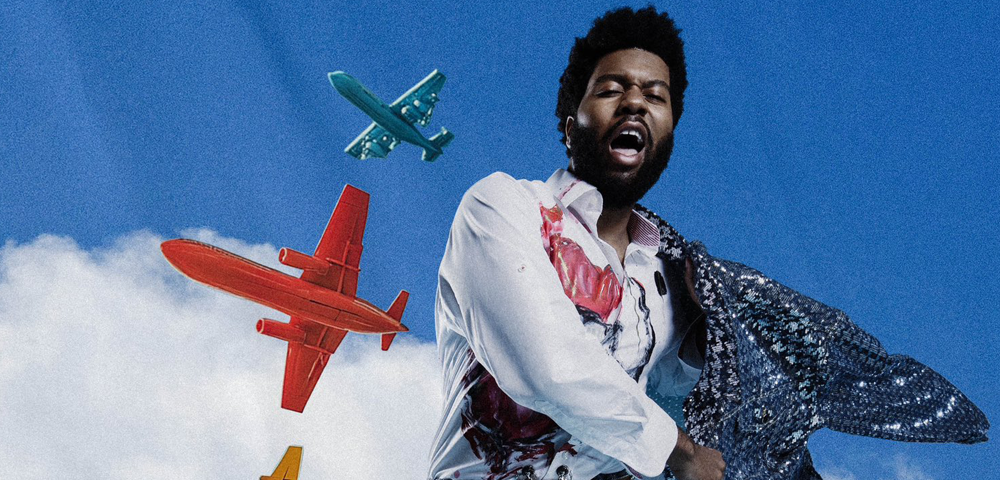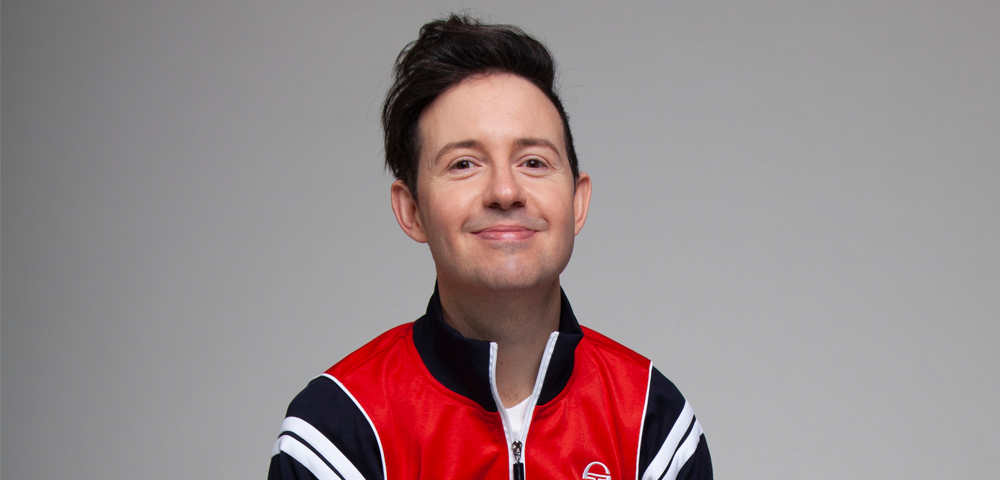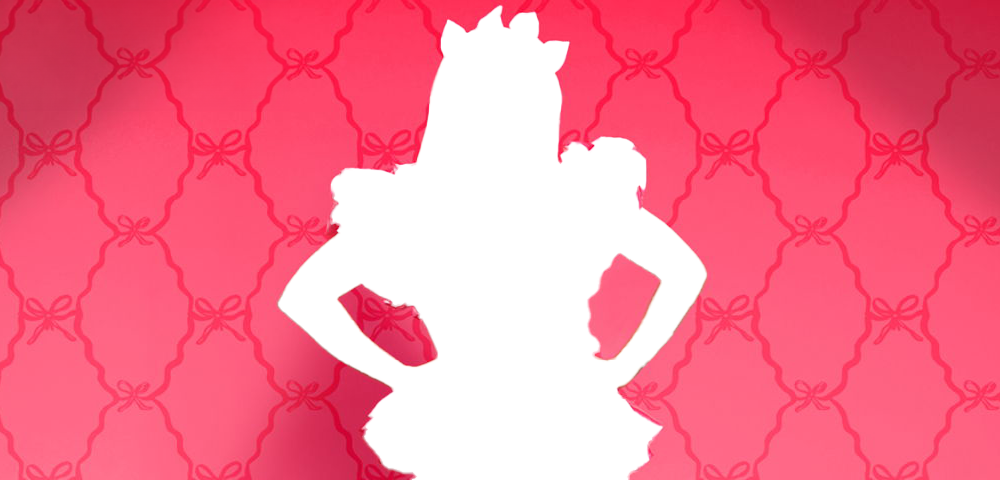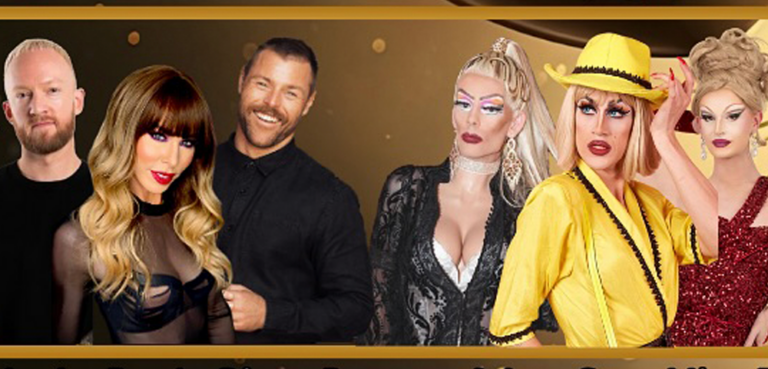
Performer Natasha Jynel’s coming out was more like a “peeking out”
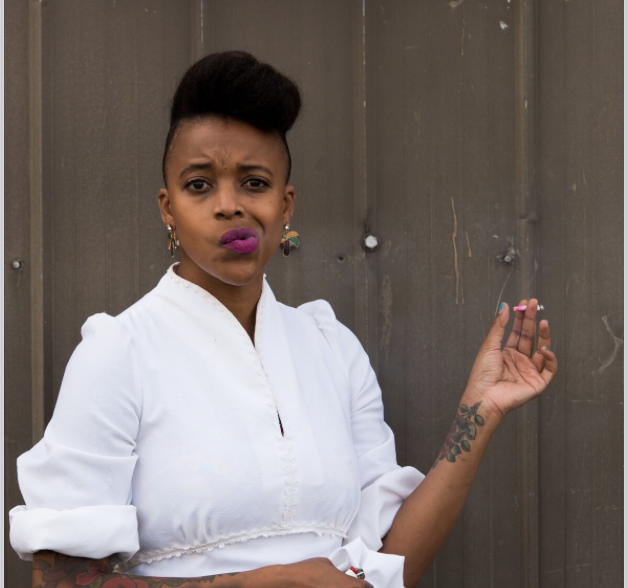
NATASHA Jynel is a creative director, performer, producer and writer who calls Australia home by way of Barbados and the United States.
Jynel has just wrapped up a successful run at the Melbourne Fringe Festival in a show called Threadbare, which explored the conflict between otherness and belonging in contemporary Australian society. Not long after the festival she celebrated her birthday on October 11 which also happens to be National Coming Out Day in the US.
This year she turned 31 and reflecting on her coming out journey, explains it was more like a “peeking out”.
“I had a peeking out at 18, then coming out 23 as gay and at 29 I came out as queer,” she says.
Much like her life and art, Jynel’s journey to understand her gender and sexual identity has been far from conventional and she recalls the breakup scene from the cult classic film Chasing Amy where Joey Lauren Adam’s character Alyssa says “maybe you knew early on that your track was from point A to B. But, unlike you I was not give a fucking map at birth. So, I tried it all”.
“In the whole scene Alyssa’s character says a lot of things about how important it is for people to have freedom to explore their sexuality, their attractions and their connections without judgement. Because that is the only way that we can find what we’re ultimately looking for, love,” Jynel explains.
“We shouldn’t have to apologize for taking whatever path works for us as individuals. Life is a series of explorations.
“As long as we are in consenting situations we aren’t doing anything wrong. We are embracing the complexity of the human experience.”
Jynel had a feeling she might be queer when she had a crush on two women and at the age of 18 worked up the courage to tell one of her aunties in Barbados.
“Her response was ‘let’s not tell anyone’, which gives a certain message that it was not okay,” she remembers.
“My relationship with my family was starting to improve and I didn’t want to hurt that, so I didn’t talk about it again.”
She went on to date men for a few years, but when Jynel was 23 she started spending a lot more time with a good female friend, and eventually the two started to “have a bit of a pash”, stirring up emotions she thought she had left behind.
Despite the instructions of her aunt to keep her sexuality a secret, Jynel decided it was time to let her family know the truth by sending a letter to various family members, because writing helps her process difficult events and emotions.
“My older cousin came out when i was gay when I was younger, no one in the family talked to me about it. A lot of my family members had homophobic reactions to her coming out,” she explains.
“I was a bit worried about my brother who is a bit ‘male-ish’ and can be a bit tough. He’s my only immediate family, so that is important to me.
“He’s like ‘I don’t care, you’re my sister I love you’.”
Identifying as a “gender neutral, slightly femme woman”, Jynel had her concept of sexual identity turned on its head again at 29 years old when she fell for a man and the two were soon in a serious relationship.
“I never thought I would want to be near a cis-gender man again,” she says.
“When we were together I had a lot of people tell me I wasn’t gay…. I spent so much time validating my queerness. Gender and sexuality are fluid concepts, I have the freedom to explore that if I want.
“Coming out as a queer is weird, I had a few people say ‘you’ve gone back to the other side, you’ve changed your mind’.”
Jynell’s projection of her queer identity varies greatly between Australia and Barbados where homosexuality is illegal.
“In Barbados if there’s a queer party happening it’s secret, there’s no photos, you don’t go out and hold hands with your partner,” she explains.
“I don’t have the same freedoms there to express my gender as I do in Australia. It’s an ongoing process and I’m going to find spaces for me in that culture. It’s my culture and I have every right to, it’s just finding a way to do that.”
A friend recently sent Jynel a video about Stonewall Riots’ leader and trans activist Marsha P Johnson. Something the LGBTI icon said in the video struck a nerve with performer.
“I identify with having the freedom to observe gender and sexuality as a construct, to observe the freedom to be on any part of the spectrum and continuum on that given day,” Jynel states.
“I reserve the right to choose how I see myself and how that changes with space time and context.”
